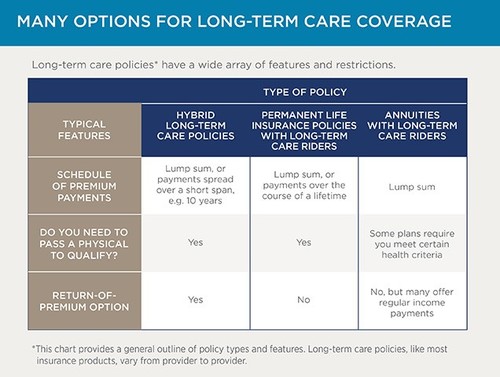
It can prolong caregivers’ ability to provide high quality dementia care and help their loved ones stay in their homes for a longer time. An added benefit to caregivers is an increase in their physical and psychological well-being. It is possible to save money and time by delaying the move into a care facility. Respite care also offers the convenience of live-in care. For more information regarding dementia respite services, visit the Alzheimer's Association website.
Conceptualization of respite dementia care
Many research studies show that caregivers and those with dementia need to be able to engage in meaningful ways. These studies also showed that carers often assert that they do not need help but may actually put it off, thinking that they will need it someday. A qualitative study in this area concluded that carers may underestimate their own caregiving duties until dementia worsens and their care becomes unmanageable.
Respite care has many benefits, but current research shows that there is not much uptake. This is due to wide variations in the characteristics and needs of those receiving care. Individuals with dementia and carers have different characteristics. This includes their age, relationship, socioeconomic standing, role expectations, dementia types and physical health. People who require respite care might have many reasons. There is no definitive way to determine its effectiveness.

There are some limitations with in-home respite
In-home respite care is a great option for those with dementia. However, there are some drawbacks. Although this service is not suitable for all situations, it can be an excellent choice for seniors who are unable or unwilling to leave their home. A professional caregiver can come to the home to provide assistance while the primary caregiver takes a break. In-home respite is a way for residents to continue living in their own homes. Three out of every four seniors prefer to live in their own homes over receive care at a care facility.
In-home respite care is a good option for those with dementia. However, there are some disadvantages to this type of care. Some caregivers feel that these interventions are too costly and time-consuming. These caregivers believe that formal interventions lead to financial concerns and lack of control over the care of the individual. Some caregivers feel that such care is stigmatizing and disruptive. However, research is underway to understand the effectiveness of in-home respite care for dementia.
It is vital to provide live-in respite services
The NFCSP offers free respite care, though some families may have to pay a portion based on income. Local Area Agencies on Aging administer the program, also known as Aging and Disability Resource Centers. These agencies combine resources from both the federal government (Medicare and Medicaid) to make these services accessible. If your loved one is ready to take a break, they will feel at ease in the company and support of a neighbor or friend.
People with dementia may find it beneficial to have live-in caregivers. They can also tailor the care to fit their needs. This type of care is less stressful and safer than residential care homes. Home-based caregivers are available for your loved once your loved one is no longer in a residential care home. They will help your loved one get the rest that they need and not have to worry about their daily activities.

Alternatives to respite care at home
There are many options for dementia respite care that can be used in place of in-home care. These services can be provided by volunteers or by healthcare facilities. These services provide the same benefits as a residential setting without the cost or hassle of hiring a caregiver. If the resident's care needs are low, this type can be a great option. Special considerations may need to be made for certain types of in-home respite services.
Constant 24-hour care can lead to caregivers becoming tired, depressed, or overworked. In these cases, caregivers can supplement their care by attending work meetings, running errands, or spending time with their family. Family members can have some alone time while caregivers take a break. Respite care is a great way to give caregivers the time and space that they need to rejuvenate and rest.